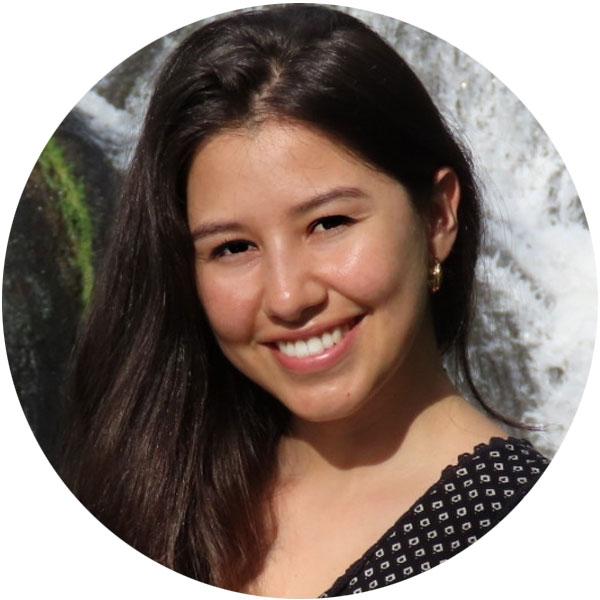Agriculture
“Agriculture forms the basis of the world's food supply. Soil conditions, water availability, weather extremes and climate change can represent costly challenges both to farmers and the overall food security of populations. Space-based technology is of value to farmers, agronomists, food manufacturers and agricultural policymakers who wish to simultaneously enhance production and profitability. Remote sensing satellites provide key data for monitoring soil, snow cover, drought and crop development. Rainfall assessments from satellites, for example, help farmers plan the timing and amount of irrigation they will need for their crops. Accurate information and analysis can also help predict a region's agricultural output well in advance and can be critical in anticipating and mitigating the effects of food shortages and famines.” (UNOOSA, 2018)
"Agricultural applications of remote sensing include the following:
- crop type classification
- crop condition assessment
- crop yield estimation
- mapping of soil characteristics
- mapping of soil management practices
- compliance monitoring (farming practices)" (Natural Resources Canada/Canada Centre for Remote Sensing, 2015)
"Agriculture". Natural Resources Canada, Canada Centre for Remote Sensing. Last modified November 25, 2015.
https://www.nrcan.gc.ca/earth-sciences/geomatics/satellite-imagery-air-….
Accessed February 1, 2019.
"Benefits of Space: Agriculture". United Nations Office for Outer Space Affairs, UNOOSA. 2019.
http://www.unoosa.org/oosa/en/benefits-of-space/agriculture.html.
Accessed February 14, 2019.
Related Content
Article
A celebration of valuing water for World Water Day 2021
World Water Day, celebrated each year on March 22nd, since 1993, celebrates water and raises awareness of the ongoing global water crisis. The theme this year is Valuing Water. Much more than just price, water has huge value for households, food, culture, health, education, and the environment (UN Water 2021).
Capacity Building and Training Material
Event
Local Perspectives Case Studies
Project / Mission / Initiative / Community Portal
Stakeholder
Person
Victor Mukununugwa
Senior Scientist Zimbabwe National Geospatial and Space Agency
Victor Mukungunugwa is a graduate Aerospace Engineer from the National Aerospace University of Ukraine. Upon completion, he acquired a cum-laude Honors BSc degree in Aircraft and Rocket Engineering in 2012. His first job was as an assistant lecturer and a lab technician at the University of the Witwatersrand in South Africa where he was doing his MSc in Unmanned Aerial Vehicle Designing. In 2013 he joined Terracam Professional UAVs Pvt Ltd where he acquired his drone pilot and worked as a senior project manager for aerial surveys.

Esther Maina
GIS and Remote Sensing expert Kenya Space Agency
Esther W. Maina is a skilled geospatial and remote sensing expert with over five years of experience leveraging space-based technologies to advance food systems resilience, natural resource management, and policy development in Kenya. She holds a Bachelor of Science in Geospatial Information Science from Dedan Kimathi University of Technology and a Master’s in Space Entrepreneurship at the European Institute of Innovation for Sustainability in Italy.
Mohamed Yasser Ayoub
EO Data Processing Engineer Egyptian Space Agency
Mohamed Yasser holds a Bachelor of Science in Earth Science from Alexandria University and currently serves as an Earth Observation Data Processing Engineer at the Egyptian Space Agency. Specializing in various aspects of satellite data processing, he focuses on generating preprocessed satellite image products and formulating product quality matrices in his role.


















































